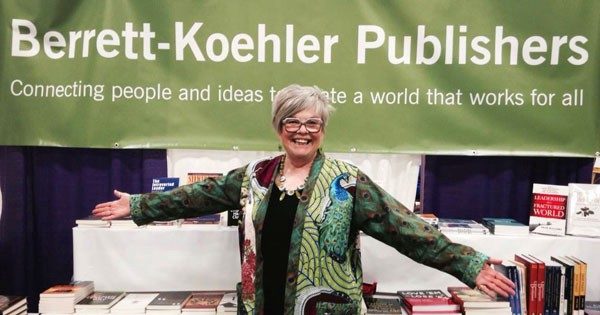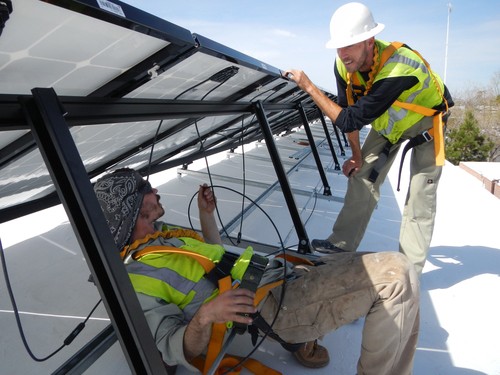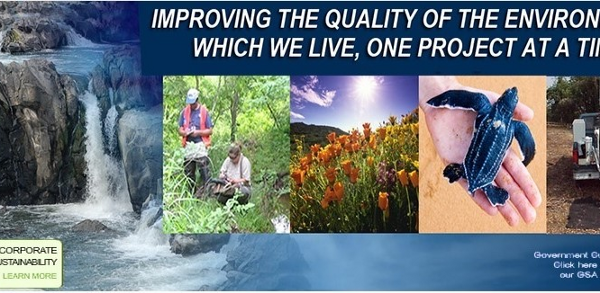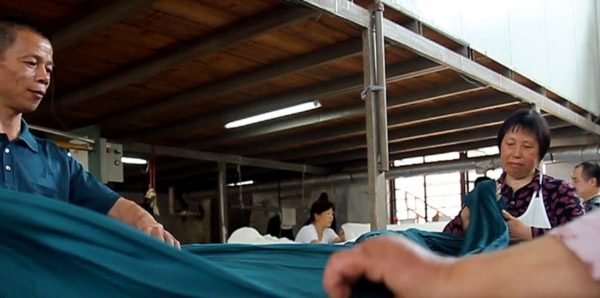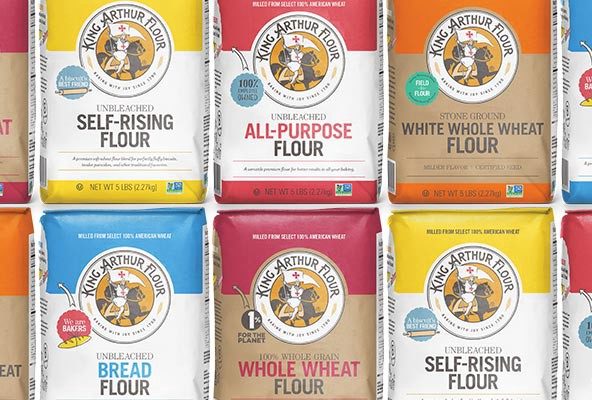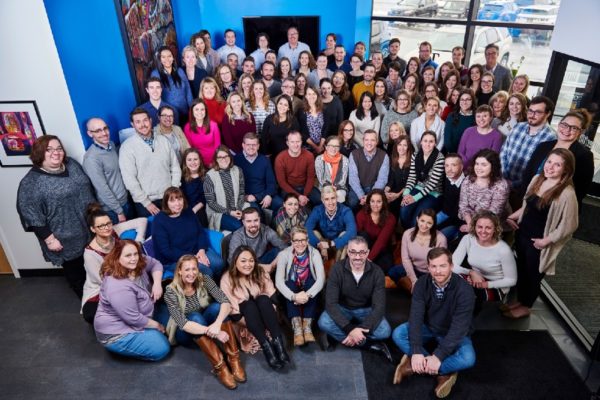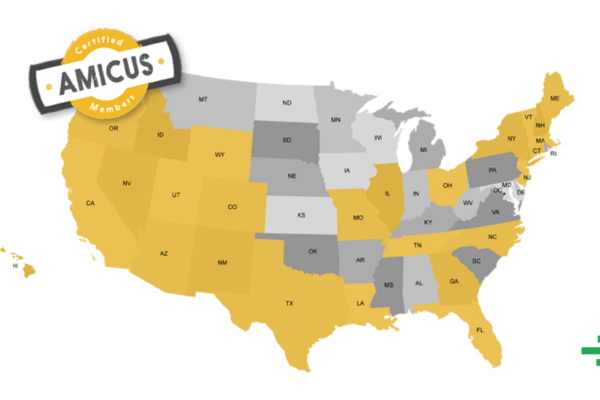Are mission-controlled, employee-owned companies better environmental stewards than conventional finance-controlled corporations? Is transitioning to employee ownership a more likely path to keeping a firm’s ecological mission alive, compared to selling a firm to a large competitor? The answer to these questions is critical to enterprise design for the 21st century and beyond. If we understand the relationship between enterprise design and a sustainable, equitable economy, we can be more deliberate in the choices we make.
Continue ReadingEmployee Ownership & Ecological Sustainability
Berrett-Koehler: Connecting People and Ideas to Make a Company that Works for All
A Multistakeholder Ownership Design Protects Company Values By Sarah Stranahan Berrett-Koehler Publishers (BK), an Oakland, California -based independent publisher, created a Constitution in 2016 that begins with the words, “We are embarked together on a journey to do the seemingly impossible — to create a world that works for all. No road map exists for this journey, so we are […]
Continue ReadingTechnicians for Sustainability
Unique Governance Structures Designed to Protect Employee Ownership by Sarah Stranahan Kevin and Nicole Koch, founders of Technicians for Sustainability (TFS), a solar design–build firm based in Tucson, Arizona, built their company from scratch. After more than a decade of running the business, the couple made an unconventional decision, converting TFS to a worker cooperative […]
Continue ReadingEA Engineering: Aligning Mission and Corporate Structure
How the problems of stock market ownership led this firm to employee ownership by Marjorie Kelly EA Engineering, an environmental consulting firm, found its values upended when the company went public. To return to its roots, the original founder bought the company back and then transitioned to an employee stock ownership plan (ESOP) along with […]
Continue ReadingEileen Fisher: Designing for Change
A business that puts sustainability and human rights at its core by Sarah Stranahan Eileen Fisher, Inc., designs women’s clothing. The company, which is 40 percent employee owned and a B Corp, is a leader in its human rights and sustainability practices. We wanted to understand how Eileen Fisher managed to incorporate its values into a […]
Continue ReadingKing Arthur Flour’s Recipe for Success
ESOP plus B Corporation by Sarah Stranahan Fifty by Fifty recently spoke with Suzanne McDowell, one of a three-person co-CEO team currently leading King Arthur Flour, as part of our research into the relationship between employee ownership and environmental sustainability. We knew King Arthur Flour, under the leadership of then-CEO Steve Voigt, had become a founding B […]
Continue ReadingEmployee-Owned Butler/Till Grows Its Sustainability Mission
As retirement neared, Butler and Till chose to protect their company culture with an ESOP by Sarah Stranahan When Butler/Till’s original founders Sue Butler and Tracy Till began to look at retirement, they were concerned about protecting their company culture. They had thought they would look for a compatible buyer but instead chose to transfer […]
Continue ReadingOrganically Grown Company Transitions from ESOP to Perpetual Trust
Pioneering a New Business Structure to Preserve Mission by Natalie Reitman-White In some situations, employee ownership via an ESOP may not be suited to advancing a sustainability mission, due to the demand on profits that comes from a perpetual duty to buy back shares from employees. Organically Grown Company faced this situation with a wave […]
Continue ReadingGardener’s Supply: A Company as a Living System
How Employee Ownership Has Protected a Founder’s Vision by Marjorie Kelly What is a company? The dominant view today, the Wall Street view, is of an object owned by shareholders, which has a primary purpose of producing a smooth flow of earnings, like so many ball bearings off an assembly line. The alternative the planet […]
Continue ReadingAmicus Solar Purchasing Coop Spreads Employee Ownership
Achieving Scale while Maintaining Local Impact by Sarah Stranahan Amicus Solar is one of more than 250 purchasing cooperatives in the US, including such well-known brands as Ace Hardware and Best Western Motels. By forming a large national cooperative, small producers or retailers increase their purchasing power and access to project financing, while remaining independently […]
Continue Reading
